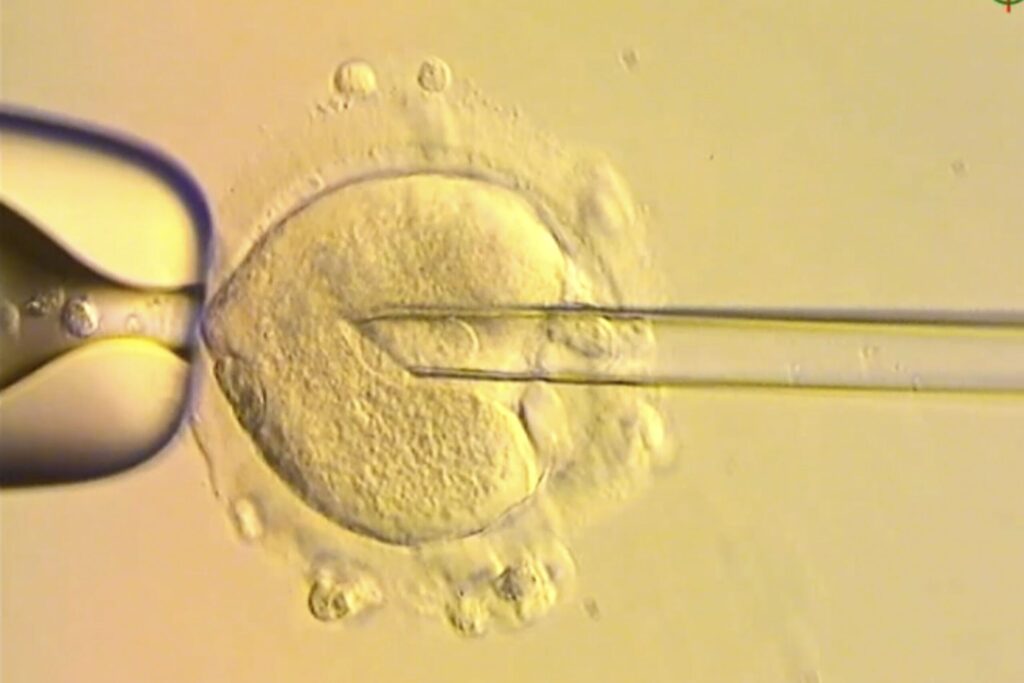UK Babies Born Using DNA From Three People to Prevent Disease

Eight Babies Born in UK Using DNA From Three People to Prevent Genetic Disease
In a major scientific breakthrough, eight babies have been born in the UK using a pioneering fertility technique that combines DNA from three people to prevent severe inherited diseases. The approach is designed to stop mothers from passing on mitochondrial disorders, which can cause muscle weakness, seizures, organ failure, and even death in children.
The births were confirmed by researchers from Newcastle University and Monash University in Australia and published in the New England Journal of Medicine.
How Does the Technique Work?
Most of our DNA is stored in the cell nucleus and comes from both parents. However, a small amount of DNA is found in mitochondria, the energy-producing parts of cells, and this is inherited only from the mother. Mutations in mitochondrial DNA can cause devastating diseases.
To prevent this, scientists use a donor egg with healthy mitochondria. They remove the nucleus from the donor egg and replace it with genetic material from the mother. The fertilized egg then contains:
-
Nuclear DNA from the mother and father
-
Healthy mitochondrial DNA from the donor
This results in an embryo with DNA from three individuals, although less than 1% of the child’s total DNA comes from the donor, meaning it does not affect physical traits or personality.
A Medical Milestone
“This marks an important milestone in reproductive science,” said Dr. Zev Williams, director of the Columbia University Fertility Center. “It gives hope to families who had few options before.”
So far, 22 patients have received the treatment, leading to eight live births and one ongoing pregnancy. Each case had to be approved by the UK’s fertility regulator.
“One of the eight babies had slightly elevated abnormal mitochondria,” said Robin Lovell-Badge of the Francis Crick Institute. “But the level was too low to cause disease, though monitoring is ongoing.”
Limited Use for High-Risk Cases
This advanced method is reserved for cases where standard embryo testing cannot confirm the absence of disease. Dr. Andy Greenfield of Oxford University emphasized that it will likely be used only for a small number of women with high genetic risk.
In the U.S., this technique is not allowed due to federal restrictions on procedures that cause heritable genetic changes. Congress has blocked the FDA from reviewing such clinical research for nearly a decade.
“Whether this policy will change is uncertain and depends on evolving scientific and ethical debates,” said Dr. Williams.
A Hopeful Future for Families
Liz Curtis, who lost her daughter Lily to a mitochondrial disease in 2006, now advocates for affected families through the Lily Foundation. She described the new research as “super exciting.”
“We were told there was no treatment, and that death was inevitable,” Curtis said. “Now, families have hope thanks to these scientific advances.”
The UK remains one of the few countries in the world to allow mitochondrial replacement therapy, alongside Australia. Supporters believe this offers a safe path to healthy births for families facing inherited disease.
: 208







